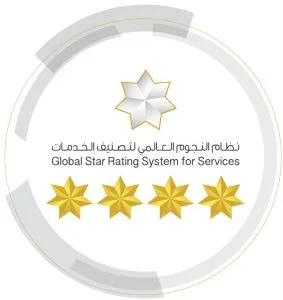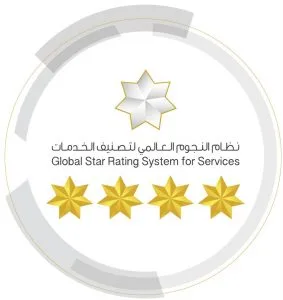19/03/2014
To be a creative person means to create or invent something or an idea that has never actually existed. Consequently, creativity is always associated with linking two or more elements or ideas as part of a relationship that has not been established by anyone before.
Creativity is not restricted to a particular area or a particular science; in our daily life, any touch of beauty that we see or feel is a creative work because it generates a feeling of fascination and admiration in the minds of onlookers.
Creativity is regarded as a significant indicator that contributes to a large extent to inferring how much efforts have been exerted by the person and how far he/she is able to develop his/her ideas towards implementing such ideas for the sake of benefiting people and improving their living conditions.
The concept of creativity is associated with certain criteria which are summarized as follows:
- Creativity is not linked with academic attainment but means in the first place that the creative person’s knowledge has jumped from the level of remembrance to that of understanding, application, analysis and the desire for change.
- Creativity is a product of self-reliance and the result of streamlining self-learning for acquiring knowledge. Thus, a creative person will not be satisfied with files, references and textbooks but will go beyond this to research, reading, visiting libraries and asking for more information.
Here, a question comes to the mind of each of us: Are you a creative person?
The answer to this question depends on the willingness of each one of us to achieve creativity; every person has got potential creative capabilities but only few people seek to explore and employ these capabilities, develop themselves and publish their creative works. Hence, creativity is not limited to certain people and those who believe that achieving creativity is dependent on the existence of genes or the like have a wrong way of looking at things and must remind themselves of this fact whenever they feel desperate or fail to achieve a creative work.
(To be creative is to add something new to life). Come on; let’s fly together in a new creative life full of achievements!



